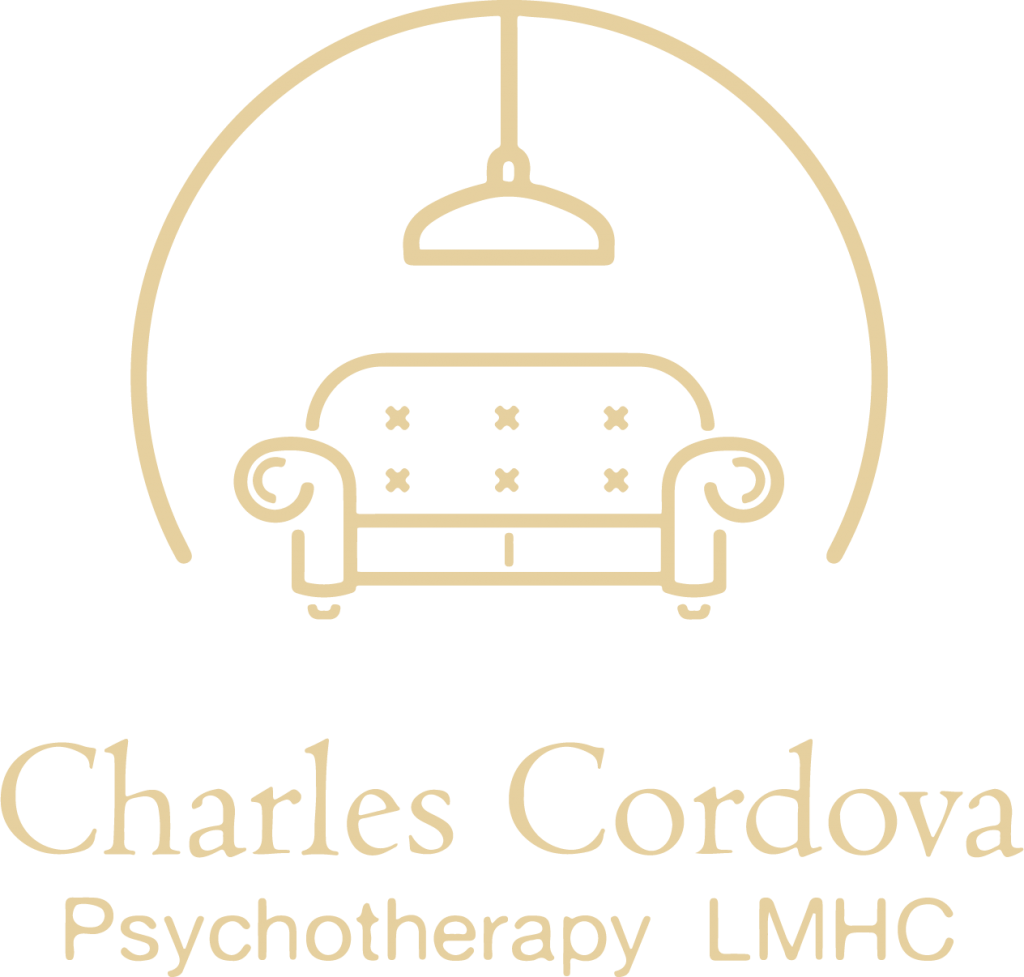General Mental Health
Mental health includes our emotional, psychological, and social well-being. It affects how we think, feel, and act. It also helps determine how we handle stress, relate to others, and make healthy choices. Mental health is important at every stage of life, from childhood and adolescence through adulthood. Think of therapy as a sort of workout to improve and maintain your emotional well-being.
Personal Growth
Personal growth is a process that takes place throughout the course of our lives. However, there are times where we can feel as though we are “stuck”. Therapy can help us develop new ways of navigating our inner and outer worlds by helping us increase our awareness of the ways in which our life experiences have impacted us.
Trauma & PTSD
It’s not uncommon to develop some form of psychological distress after going through a horrible or life-threatening experience. While events such as these may leave us feeling as though our current ways of managing our emotions are insufficient, it is possible to reestablish a sense of control through the use of trauma focused therapy techniques, processing the traumatic event in a safe space, and developing new and healthy coping skills.
Anxiety
Therapy can help treat more than just the symptoms of anxiety. Engaging in therapy can help you uncover the underlying causes of your worries and fears; learn how to relax; look at situations in new, less frightening ways; and develop better coping and problem-solving skills.
ADHD
Inattention and hyperactivity-impulsivity are the key behaviors of ADHD. Some people with ADHD only have problems with one of the behaviors, while others have both inattention and hyperactivity-impulsivity. A few examples of how therapy can help those afflicted with ADHD is to strengthen their organization skills, increase awareness of their own emotional states “in the moment”, and develop routines that help break down tasks in manageable ways that don’t feel overwhelming.
Depression
Depression is more than simply feeling unhappy or fed up for a few days. Most people go through periods of feeling down, but when you’re depressed you feel persistently sad for weeks or months, rather than just a few days. The good news is that with the right treatment and support, it’s possible to begin to experience a higher quality of life.
